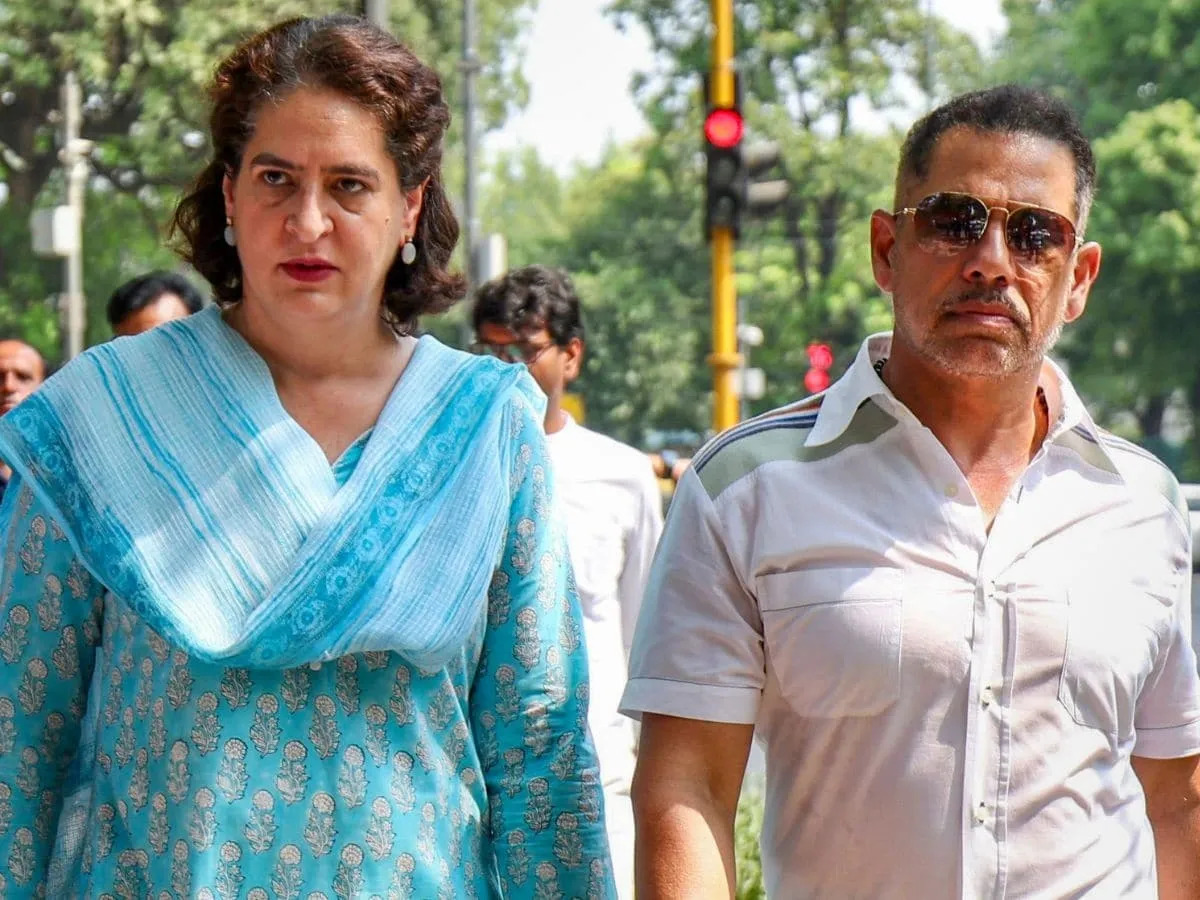The Tamil Nadu Governor has been criticized in the wake of a recent big Supreme Court judgment redefining the extent of gubernatorial discretion under Article 200 of the Constitution. The Court held the Tamil Nadu Governor acted illegally in holding up 10 bills cleared by the state assembly, rather than taking action on the advice of the elected state government. This historic judgment enshrines the position of state legislatures and checks the discretionary roles of Governors in India.
Justice J.B. Pardiwala, who penned the judgment, said that India’s Constitution does not permit “absolute veto” or “pocket veto.” If a bill has already been passed by the Assembly and sent back after examination, the Governor has to reply. The exception is only when the bill has undergone a radical change from its original form.
This ruling comes directly in response to the Tamil Nadu Governor’s recent action, when he referred 10 bills to the President for consideration. The Court ruled that this action was unconstitutional and reasserted that Governors should act on the advice of the Council of Ministers.
Also Read: The White Lotus Season 3 Review: A Beautiful Mess Without a Pulse
Major Implications of the Judgment
Governors Should Act Timely
Governors, including the Tamil Nadu Governor, should act on bills within a reasonable period of time. Indulgence in delay is not democratic.
Respecting the Will of the People
The court reminded Governors that they stand for the Constitution—not themselves. They have to adhere to ministerial advice.
Once the Assembly passes a bill again, the Governor cannot reserve it for the President—except if there are substantial changes to the bill.
Clear Limits Under Article 200
Article 200 mandates Governors to abide by ministerial advice. They cannot take independent decisions on bills.
Tamil Nadu Governor’s Action Was Wrong
The Supreme Court categorically mentioned that holding 10 bills was an error. It was against the Constitution and it disregarded the state government’s power.












































